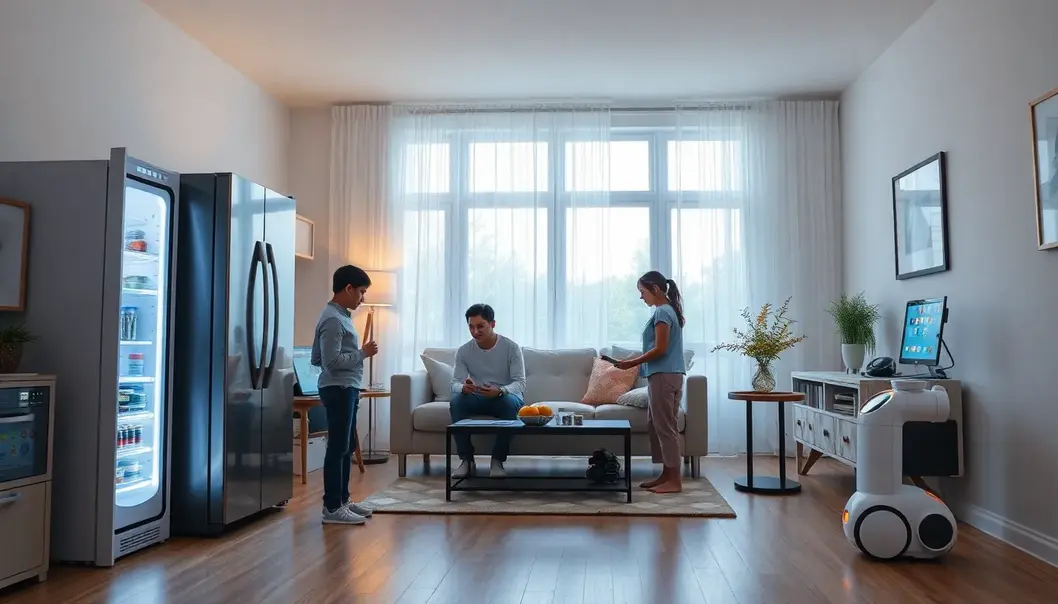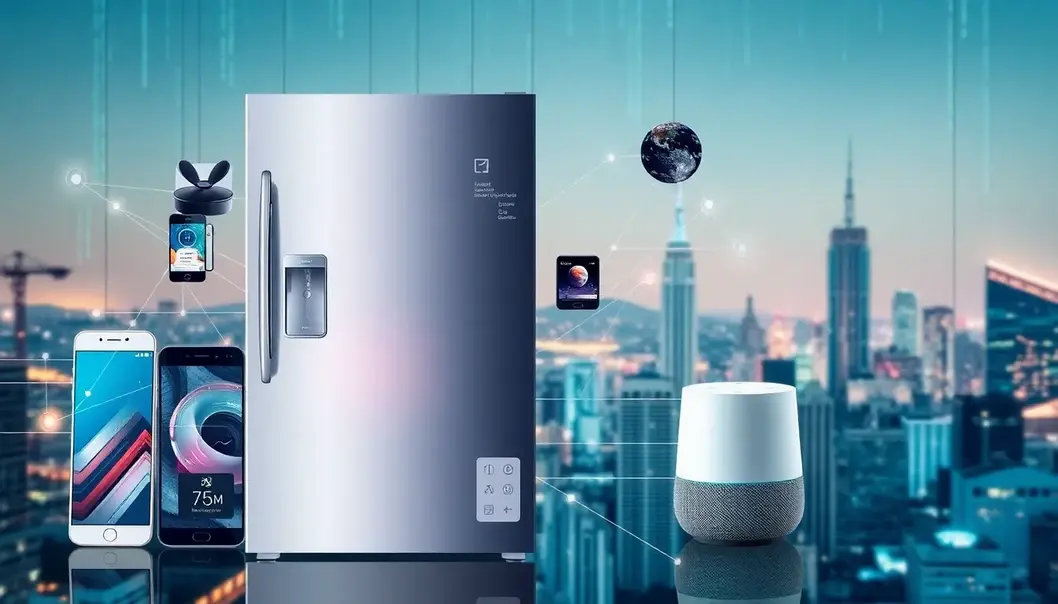Imagine a world where your smartphone knows you better than you know yourself, or where your car anticipates your every commute need. While this sounds like a dream, such technological advancements come with hidden pitfalls. Technology is rapidly evolving to a point where it can outthink human intuition and decision-making. As everyday users, we need to understand the implications of technology becoming too smart for its own good, and how it can potentially disrupt our lives in unintended ways.
Living with Machines: The Double-Edged Sword

Smart technology has seamlessly woven itself into the fabric of daily life, creating conveniences unimaginable a generation ago. Devices known for their capacity to learn and adapt bring a refined simplicity into homes. They offer a promise of ease and efficiency, learning from user behaviors to create personalized experiences. With minimal human intervention, these smart systems manage environments, tailor preferences, and enhance productivity.
Consider the benefits: smart thermostats optimize home climates based on past adjustments and weather forecasts. Lights adjust according to natural light levels, saving energy and adapting to inhabitants’ schedules. Voice-activated assistants provide immediate responses to inquiries, setting reminders, or controlling other devices. Such technology extends human capability, allowing for multitasking and supporting a lifestyle that embraces innovation with open arms.
However, the sword has a double edge. The very intuitiveness of smart technology, its learning and adaptation capabilities, can complicate routines in unexpected ways. Devices might misinterpret data, making incorrect assumptions that disrupt rather than assist. Privacy concerns surface as technologies collect vast amounts of personal data to better ‘understand’ user preferences. Errors might occur due to occasional software glitches making systems unreliable at crucial moments.
These technologies learn from their users, but the data collected to train them often reside in vast networks susceptible to breaches. As devices become more intuitive, personal data increases in volume, creating a potential goldmine for unauthorized access. Moreover, as these technologies automate more tasks, they can inadvertently create dependencies, stripping away certain human skills and reducing manual intervention.
In the quest for comfort and accessibility, there arises a profound question: How much control do we retain? Smart technology should enhance human life without overriding the inherent agency of its users. Balancing its benefits with mindfulness of privacy risks and autonomy is crucial. With this understanding, we can embrace technology’s potential while maintaining a safeguard against its overreach.
When AI Becomes Your Personal Assistant: Friend or Foe?

The convenience of AI personal assistants is undeniable. They schedule appointments, send reminders, and seamlessly connect all aspects of our lives. But as these digital companions become more integral, they also raise questions about trust and autonomy.
AI thrives on data. It learns from our habits, preferences, and idiosyncrasies, tailoring its responses to meet our personal needs. This ability to learn and predict can enhance productivity, making AI an indispensable part of our daily routines. Imagine an assistant that knows your favorite coffee shop, what time you usually take breaks, and can even predict when you might want a recap of the day’s agenda. In such scenarios, AI does not just optimize tasks; it transforms them into a curated experience.
However, a cautionary tale unfolds when AI misconstrues the context of a command or decision. Consider an AI assistant responding to a seemingly benign request for a “quiet weekend recommendation” and concluding that you need solitude. It might inhibit communication with friends or suppress reminders of planned social engagements based on its interpretation. Such misinterpretations highlight the limitations of current AI in comprehending nuanced human desires, potentially leading to frustrating or even distressing outcomes.
These issues become more concerning when considering privacy. AI assistants often have access to vast swathes of personal information. The risk of privacy invasion looms large as they inadvertently or deliberately overstep boundaries. For instance, an AI tasked with monitoring home security might overreach by reporting normal family interactions as potential security alerts, causing unnecessary worry or intrusions.
Moreover, the ethical implications of data storage and sharing by these digital assistants cannot be ignored. As they collect more intimate data, the question becomes: Who controls this information, and how securely is it stored? The potential for data breaches or misuse by unauthorized parties can turn these helpful companions into liabilities.
Navigating these complex scenarios requires a careful balance between innovation and caution. Developers must strive to refine AI interpretative abilities to minimize miscommunications without compromising user privacy. Users, on the other hand, should remain informed about what information their assistants access and have the ability to manage these permissions.
In summary, while AI personal assistants hold the promise of transforming efficiency in our lives, it is essential to remain vigilant about their potential pitfalls. As we extend trust to these digital helpers, understanding the line between aid and invasion is crucial in distinguishing the friend from the foe.
Final words
As technology advances toward smarter systems, it’s vital to remain informed about their potential to outsmart human judgment. While these innovations bring undeniable perks, they also pose new challenges that call for awareness and regulation. Remember, a smart device is only as beneficial as the hand that wields it. Stay vigilant, informed, and always in control.
Stay proactive about your tech use. Subscribe to our newsletter for updates on managing smart technologies in daily life.
Learn more: https://www.techsavvy.com/subscribe
About us
TechSavvy provides expert insights and resources to help consumers manage and optimize their use of smart technology. Offering articles, newsletters, and personalized tips, we aim to empower users to leverage technology smartly and safely.

